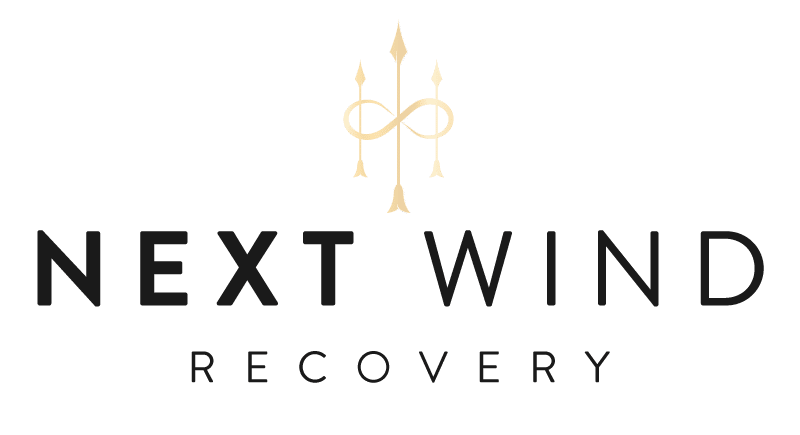When an individual uses cocaine for the first time, their thought typically isn’t about how cocaine impacts the body, but they should. Cocaine affects the body’s functions and the brain’s ability to process and respond. Taking cocaine is dangerous and alters a person’s future.
At Next Wind Recovery, clients can achieve their next wind sober. Through comprehensive programming, we encourage clients to set manageable sobriety and recovery goals which we work on through individually catered programs.
Help is just a click away at the top-rated drug rehab in New Jersey.
What is Cocaine?
Cocaine is a stimulant that impacts the physical and mental health of each individual that uses the drug. Cocaine is an illegal drug found in powder or liquid form, snorted, rubbed on the gums, or injected. This fast processing of the drug often encourages people to use multiple hits in a session called bingeing.
Cocaine use can cause tolerance, addiction, and overdose. This drug has the potential to be fatal, and possession has legal implications that can affect relationships and employment.
How Does Cocaine Impact the Body?
Cocaine speeds up the body’s functions. It increases heart rate, temperature, and blood pressure. It causes irregular movements in the muscles and dilated pupils. Psychologically it can cause paranoia, hallucinations, and irritability. These symptoms appear quickly and typically wear off within an hour. However, as cocaine is often binged, clients who take additional hits can continue their heightened sensations for extended periods.
Following a cocaine high, clients often feel a drop in emotions, focus, and sensitivity. This depression is common and contributes to clients’ increased usage.
What Type of Treatment is Available for Cocaine Addiction?
When it comes to treatment for cocaine addiction, there are many factors to consider – how cocaine has affected the body, how long an individual has been using or addicted to cocaine, and how often they use cocaine can impact the type of treatment ideal for their recovery.
The first step in any cocaine addiction treatment program is detoxification. Ideally, this is done through a treatment facility where clients are closely medically monitored to ensure safety throughout the process. Detoxification from cocaine can harm the body and put clients into a negative headspace that makes the early days of addiction treatment difficult. During withdrawal, clients may experience flu-like symptoms, insomnia, fatigue, and depression, and their appetite may return.
Treatment for substances like cocaine typically starts in an inpatient or intensive outpatient rehabilitation. These two types of rehabilitation offer the stability of daily treatment, with individual and group therapy sessions, holistic healing approaches to recovery, and opportunities to practice their learned skills in the community. The main difference is where the clients spend the remainder of their time. An inpatient treatment center will provide housing, and clients will live on-site for their treatment. Intensive outpatient facilities offer daily treatments, but clients go home every evening. While both options have benefits, the difference typically revolves around the client’s home situation and whether or not it is safe and sober.
Following initial treatment, clients with cocaine addiction should proceed to an aftercare program. Aftercare typically includes outpatient treatment programs or local community programs that promote sobriety and continued healing. These programs reinforce the learned behaviors and promote positive self-worth through individual and group therapy. At times, these groups are professionally led, or they may be led by other addicts that have progressed in their sobriety.
While a client is attending treatment, and sometimes even after, clients can access sober living accommodations. Monitored through treatment centers, sober living complexes, and communities support clients by providing a safe and drug-free home situation. This is extremely helpful in the recovery process.
Choose Next Wind Recovery to Treat Cocaine Addiction
Next Wind Recovery is a comprehensive treatment facility for individuals with cocaine addiction. Clients can access detoxification, inpatient residential care, intensive outpatient therapy, and outpatient care. During a client’s participation in one of our state-of-the-art programs, they will receive individualized treatment planning, goal setting, and aftercare planning opportunities to optimize long-term sobriety. Throughout extensive treatment program options, we cater each individual’s therapy to their needs to maximize the program’s benefits and ensure healthy progress towards each recovery goal. To support clients in multiple ways, we also offer treatment for co-occurring mental health disorders. At Next Wind Recovery, the help you need is just a click away.








